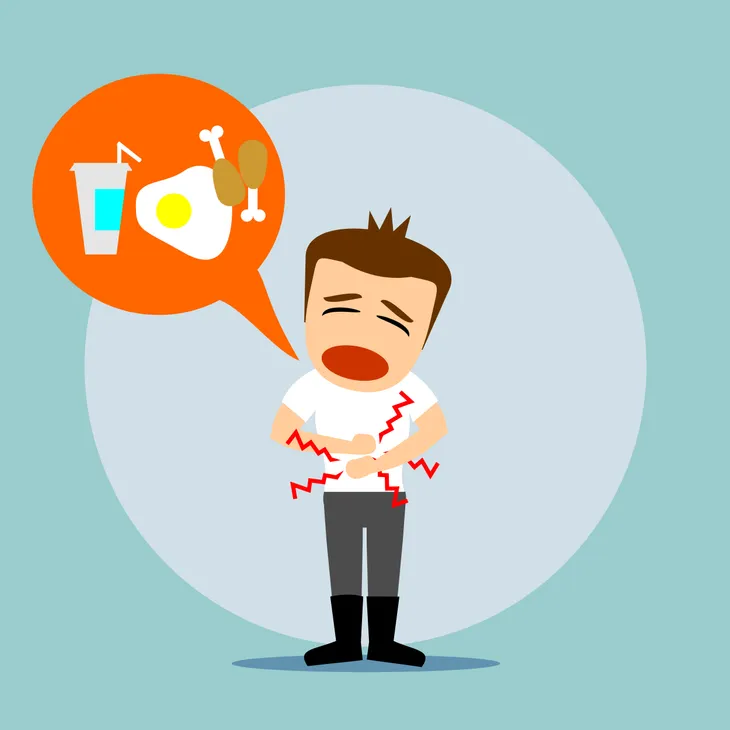While there are definitely no guarantees in life, including when you will take your last breath, there are ways you can help tip the scales in your favor if a longer life is a goal. And let’s be honest, you want to live till you’re 100 to see the world in the future, right?
While living longer is important for many people, maintaining a high quality of life into older age is also a huge factor. Here are seven ways that may help you live longer, while enjoying the time you have on this planet a little more…
Keep Moving
Sure, sitting on the couch all day may reduce your chances of getting hit by a truck, but you really aren’t doing yourself any favors in the long run. Best Health magazine says that “even if you’re 50 and have never taken part in a physical activity,” it’s still not too late to start getting the benefits (one of them apparently being a longer life).
The source explains that a “brisk” 1/2-hour walk 3-times per week can “basically reverse your physiological age by about ten years”. Apparently there is research to back this up: a study of 220-retirement aged men (half who followed this exercise regime, half who didn’t) showed the active group had a 12-percent increase in aerobic power and 10-percent increase in strength and hip flexibility over a year period. It’s no surprise that shedding excess body weight can also increase your life expectancy.
Reduce Calorie Intake
Apparently going hungry can help you live longer (at least for worms or mice), according to LiveScience.com. The source notes it’s still being debated whether a reduced-calorie diet would have the same effects on a human (although a study suggests people could add 5-years to their life this way).
Lab mice have been shown to live almost twice as long when fed an “almost-starving” diet, which means 30-percent fewer calories than usual. However, if you’re a foodie, this may not be a way to improve your quality of life as you age beyond your expected years. (You can also check out this article on Superfoods That May Improve Longevity).
Work Longer
While some may associate their stressful jobs with an early grave, apparently working hard into your later years will help extend your lifespan. Medical Daily notes in an article that early retirement may actually up your risk of dying prematurely (which is a huge drag).
The article cites research from Oregon State University that suggests working past the age of 65 could mean a longer life, and the benefits have been shown in people who retired at 66 instead. “Even adults who described themselves as unhealthy reaped benefits from a delayed retirement, which indicates factors besides health affect post-retirement mortality,” notes the source.
Partner Up
While married couples don’t always see eye-to-eye, apparently in terms of living longer, marriage is a big plus. Men’s Journal says research has proved that married men in particular “are both mentally and physically healthier than single guys and, as a result, tend to outlive them.”
Research cited from Harvard University determined that married men were far more likely to detect deadly cancers in earlier (more treatable) stages than unwed counterparts. Apparently having a long-term sweetheart is good for the heart, too, as another study found married men are 46-percent less likely to die from heart disease from single guys.
Have Children Later
Here’s one for the ladies, especially ones who decide to put off having children until after their 20’s. A Forbes magazine article explains that research from the New England Centenarian Study (NECS) shows women waiting till age 33 to have children “have a greater chance of living longer than women who had their last child before the age of 30.”
The research showed the results weren’t insignificant; women who had their last child after age 33 doubled their chance of making it to age 95 compared to women who had children before hitting 30, according to the article. There’s also evidence “that the genetic variations that go into making a woman fertile longer may also increase her chances of having an unusually long life spans,” adds the source.
Remain Connected
If you’re pulling the drapes down and living a shut-in life, you could be taking years off your life expectancy. In fact, Time magazine explains, “A healthy social life may be as good for your long-term health as avoiding cigarettes.” And we’re not talking about your friends on social networking sites.
The article also says it’s not yet fully understood why being social has a positive impact on lifespan, and it notes that some doctors haven’t yet embraced social supports as a way to remain in good health. The article notes aside from having people that care about you keeping tabs on your well-being, “lab studies have shown that, in a stressful situation, blood pressure and heart rate will increase less when people are accompanied by a person who is close to them.”
Smile More Often
Sure, you’ve probably heard this one before. But according to NaturalHealth365, research has proven this to be true. The researchers at Wayne State University looked at the “intensity” of smiles from 230 baseball card photos (who began their career before 1950).
Apparently, those who smiled the biggest in their photos averaged a lifespan of 79.9-years, compared to 75-years for players with a partial smile, and 72.9-years for players that didn’t smile at all in their photos. The source notes that the act of smiling releases endorphins and serotonin, which help control inflammation and pain. “In fact, smiling is a powerful immune booster and mood stabilizer,” it adds. So even if you don’t feel like smiling today, give it a shot anyway.










